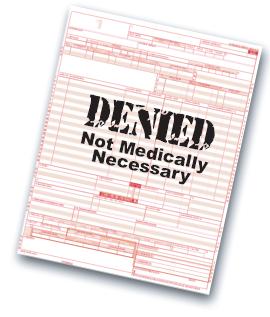By: Jeff Cohen
The Tuomey decision, U.S. Court of Appeals case out of South Carolina, contains important lessons for physicians, especially as it relates to (1) compensation arrangements with hospitals, (2) proper compensation arising in connection with the provision of designated health services (“DHS”), and (3) the advice of counsel defense.
The concept of DHS arises largely in the context of the federal Stark Law, which in pertinent part (1) forbids physicians from owning and referring to providers of DHS (e.g. PT, rehab, diagnostic imaging, home health, DME, clinical laboratory, inpatient and outpatient hospital services), (2) describes how medical practices can provide DHS to their own patients, and (3) forbids even physicians within a practice from allocating DHS profits on the basis of who ordered or referred to them.
The Tuomey case involves a whistleblower action filed against a not for profit hospital system. The original jury in that case decided that the system didn’t violate the False Claims Act, but the appellate court set aside the verdict using facts and testimony that had be excluded from the jury trial, Tuomey Healthcare System was found to have knowingly submitted over 21,000 false claims to Medicare and the government was awarded over $237 Million (most of it in the form of punitive damages). The government (which often advances the plaintiff’s—“relator” case in whistleblower cases) filed a motion for a new trial, which the trial court granted and the appellate court affirmed.
The case involves the following:Continue reading







